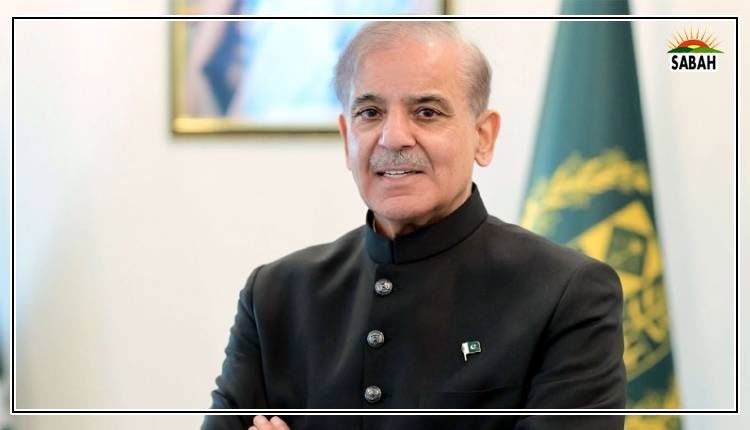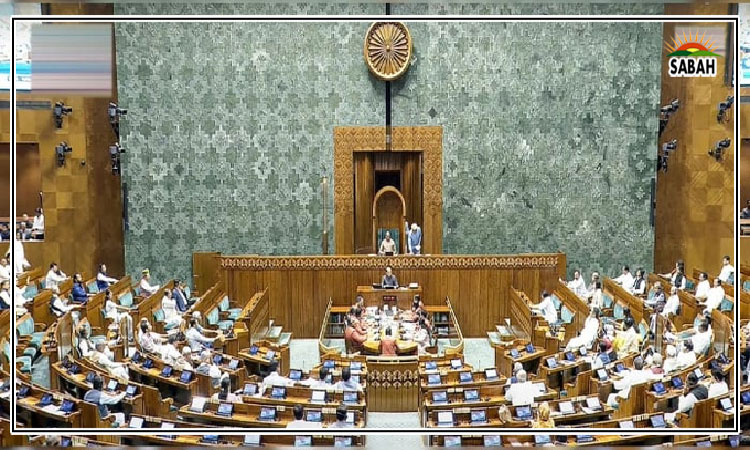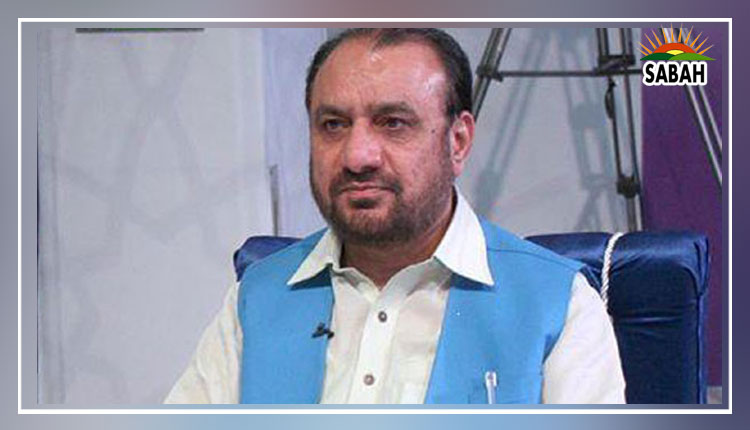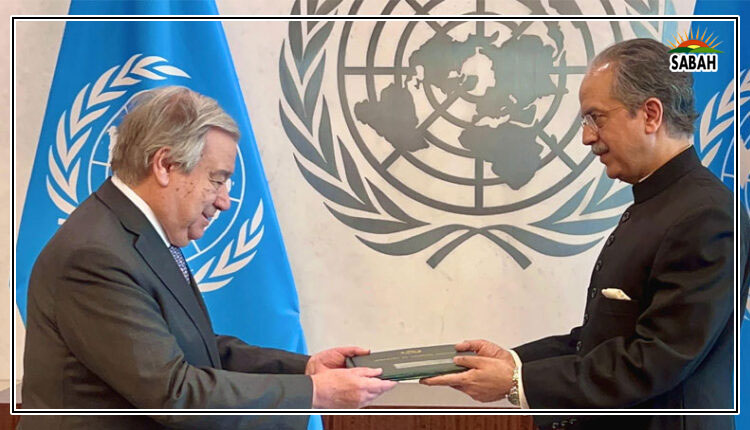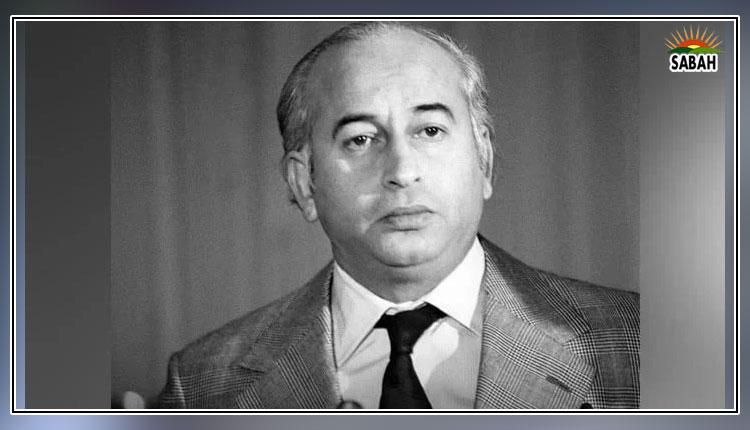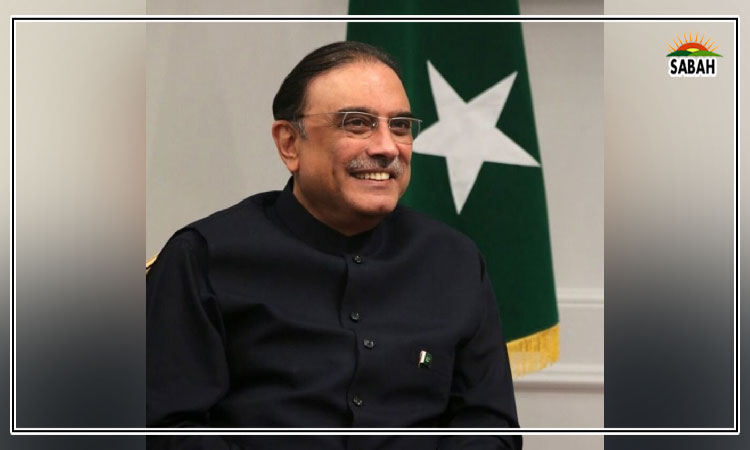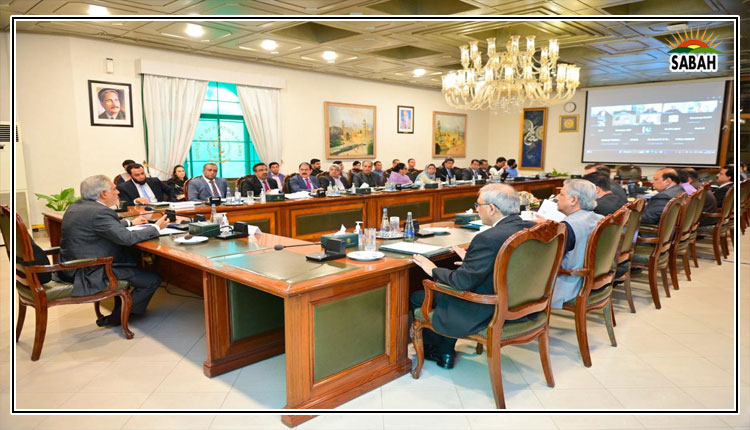System reset…Huma Yusuf
THE terror attack in Karachi last week was a terrifying throwback to Pakistans lost decade as a result of domestic militancy. The tragic loss of lives, the mounting fear of whats to come, the paralysis of our largest city by the sound of gunshots and blasts reverberating in key commercial areas these are compounding the sense of a country back on the brink, given the unfolding economic crisis. These simultaneous crises must not be treated as separate phenomenon with a spurious causal relation, and must be tackled holistically if Pakistan is to stand a chance.
As an initial response, we can expect the argument that the timing of the horrific terrorist attacks in Karachi and Peshawar, and the steady thrum of attacks across the country in recent months, will exacerbate the economic crisis: deterring any remaining foreign investment, hastening the exit of MNCs, and shifting the regional conversation away from economic cooperation to cross-border terror threats and security.
This is true. But it is worth remembering that the domestic militant threat is partially a result of the economic insecurity that has long prevailed in Pakistan. We know the complex drivers of militancy in Pakistan, which range both from bottom-up phenomena such as poverty and the lack of economic opportunity, to top-down state security policies. At present, militancy is surging because of the conducive environment, including establishment ambivalence regarding how to tackle the threat and a permissive Taliban regime next door. But the militant rank and file will always be fed by individuals driven by economic necessity and the lack of other alternatives for a prosperous future.
Militancy is also a rejection of a system that is perceived to have failed society. A part of that rejection is driven by societys economic and legal shortcomings. The fantasy of social collapse (in the TTPs version, this entails the overthrow of the Pakistani government and its replacement by a Sharia-based regime) is predicated on the belief that social ills, injustice and economic inequalities are so deeply entrenched that the only way to overcome them is through a complete reset, followed by rebuilding.
In the recognition that social issues and economic challenges are structural and hence entrenched, actors such as the TTP that dream of societal collapse are not wrong. But in the belief that collapse leads to fresh beginnings, they are misguided, as borne out by developments in Afghanistan since the return of the Taliban in 2021. Throughout history, major events that have threatened social collapse pandemics, natural disasters, nuclear attacks or meltdowns have demonstrated the resilience of economic, political and legal systems. The first step to rebuilding is often to pick up from where one left off in terms of power structures and economic exchanges.
This structural and systemic resilience is important to remember at this juncture as our state prepares its response both to the economic and security crises. Rather than recognise that underlying both issues are basic structural flaws (for example, in the way our economy serves rent-seekers or enables state capture by elite institutions), there is likely to be a false muddling of issues.
Over the coming weeks, we can expect Pakistan to argue that it deserves quick economic relief in the form of the finalised IMF package with fewer demands related to curtailing defence expenditure, so that it can focus on mounting security challenges. We are also likely to see the fledgling discussion with the US on security cooperation to gain momentum and include demands for financial assistance to counter terrorism in the hope of once again flooding the economy with dollars. Public messaging over coming months is likely to focus on security challenges, with the TTP held up as a bogeyman to distract from the pain of rising fuel prices and taxes on those least able to afford them.
What we will not see is a call for the profound reforms required to tackle both the economic and security crises. These range from structural economic reforms, to civil service and police reforms, including a reconsideration of Pakistans foreign and security policies.
This is the need of the hour.
The advantage of reforms is that they emerge from within systems, drawing on the resilience of those systems, and on the wisdom held and lessons learned by bureaucrats and policymakers. In the absence of a compelling reform plan which is just and inclusive we will be left with proliferating fantasies of the gains to be had through social collapse and rebuilding. In practical terms, that means growing support for extreme ideological and political movements (such as the TTP) that offer false respite against growing economic pains. Pakistan deserves better.
Courtesy Dawn


